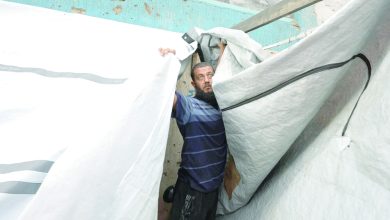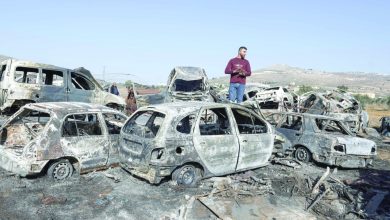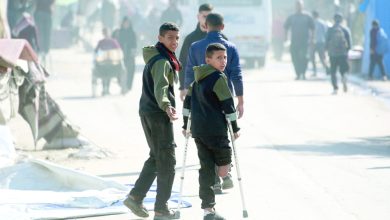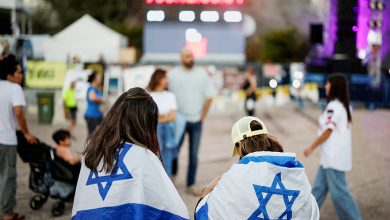Young Iraqis enter assembly contest in significant numbers
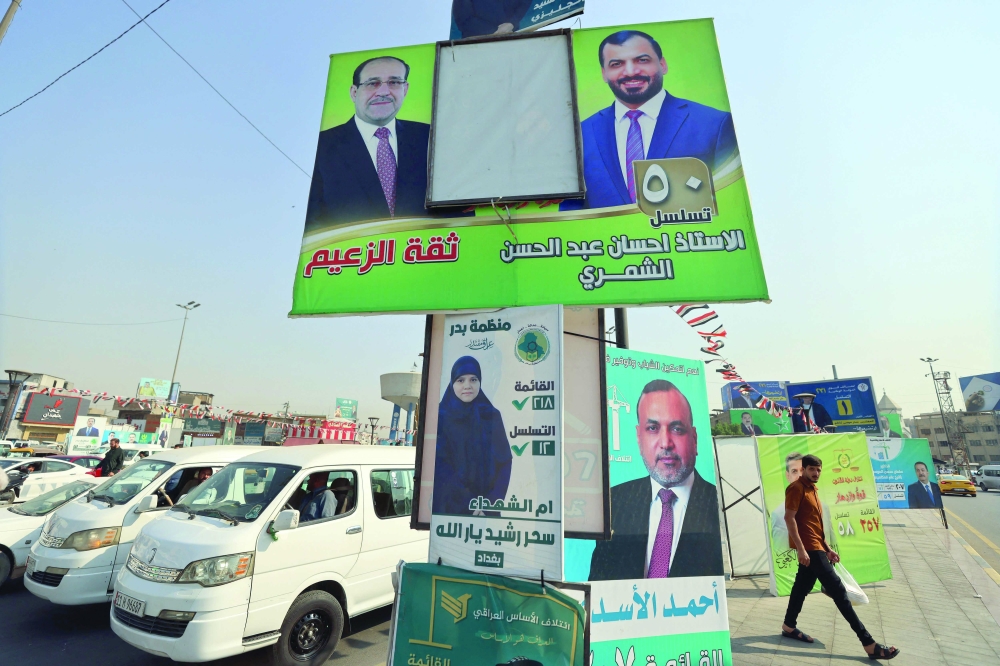
BAGHDAD: Anwar Ibrahim, 25, is so frustrated with Iraq’s politics that he is running for parliament, joining a wave of young Iraqis challenging an entrenched elite at elections next week.
“I believe young people and technocrats should be given the space to participate in the management of the state, and that we should put an end to the domination of certain parties,” said Ibrahim, a pro-democracy activist.
Many Iraqis remain sceptical, seeing the November 11 vote as unlikely to bring real change to the country’s politics, with the same powerful groups controlling the state and its oil wealth since Saddam Hussein’s fall in 2003.
Yet the presence of significant numbers of youth candidates — for the second time since elections in 2005 — marks a political coming of age for Iraqis who were infants or children when Saddam was toppled, and could energise demands for reform.
“The fact that around 40 per cent of registered candidates are young people shows there’s growing interest among Iraq’s youth to take part in shaping the country’s future,” an Iraqi High Electoral Commission official said.
“It reflects a desire for renewal and for a stronger voice from a generation that has long felt excluded from politics.”
Most of the new youth candidates are in their late 20s to mid-30s, a sharp contrast to the current parliament, where the average age of lawmakers is about 55, and include members of the country’s majority as well as the minority.
The IHEC says about 40 per cent of registered candidates are under 40, and roughly 15 per cent are under 35 — typically 28 to 35 years old. In elections in 2021, 24 per cent of candidates were under 30, the IHEC said.
The fresh influx of young candidates may persuade some Iraqis to vote for the first time, eager for alternatives to the sectarian leaders repeatedly voted in by older generations. Despite routine democratic elections, Iraqis continue to grapple with corruption, unemployment and poor services.
However, young Iraqis appear split on whether to vote. Some are enthusiastic, but others have given up on politics.
Ali Abd al Hussain, 28, a violinist and graduate of the Institute of Fine Arts in Baghdad who works as a musician in a Baghdad restaurant, ripped up his voter registration card.
“Those we previously elected to parliament started their campaigns wearing simple clothes and travelling by taxi, saying ‘vote for us so we can bring change’,” he said.
“After we voted for them, big change did happen, but not for us, the poor; it happened for them. Overnight they started wearing expensive suits and driving luxury cars with tinted windows because they no longer wanted to see our faces. Of course I will not vote.”
Youths have not formed new political parties and have instead opted to join well-established political blocs to try and force change from the inside, a highly ambitious goal.
“Patronage networks tied to political parties distribute jobs, contracts and security positions, ensuring loyalty and limiting space for outsiders,” said Baghdad-based constitutional expert Kadhum al Bahadli.
“Breaking this cycle would require not only political will but also a fundamental realignment of economic and security power, something Iraq’s ruling elite has little incentive to allow.”
A static political landscape was not what analysts foresaw when Iraqis toppled Saddam’s statue in Baghdad in 2003, hitting it with their shoes in celebration of his fall. — AFP
